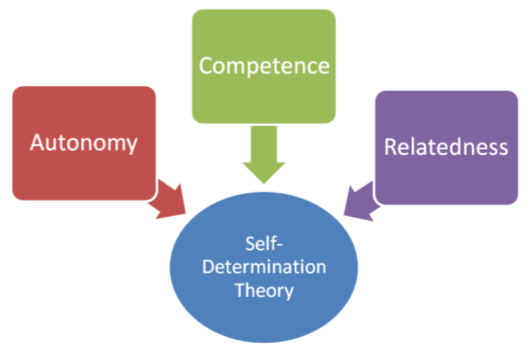If you watched the commercials during the Super Bowl a couple of weeks ago, you may have seen this commercial. If you don’t want to watch it, here’s a synopsis: A beautiful woman is getting ready to go out, presumably for a night on the town. As she finishes, she looks at the camera and says, “guys, Valentine’s Day is not that complicated. Give, and you shall receive.” Cut to a bouquet of flowers.http://www.youtube.com/watch?v=uWrJgFjxlS0
Really?
Now I don’t think I have ridiculously delicate sensibilities, but does this strike anyone else as crude? I consider myself to be someone who is not easily offended, and although this ad doesn’t offend me, it certainly rubs me the wrong way. Are we now openly treating Valentine’s Day like a flowers-for-sex exchange program? Is there anything new about this, or am I just noticing it for the first time?
Compare that commercial to a much-older commercial for Valentine’s Day flowers. Awww, shucks. Adorable kids and “send[ing] someone a happy Valentine’s wish.” No subtext whatsoever. Of course, you may say, I’m cherry-picking to make my point. But there are others. How about this one? Or this one? And these are just the ones I can think of off the top of my head.
When I teach my students about sociological perspectives on marriage and dating, the social exchange theory is often my favorite section. My enjoyment of the theory is in part due to my students’ general abhorrence for it. Many of them refuse to accept the possibility that mate selection, relationships, and love are not necessarily spontaneous, emotional, and irrational. “How could we view the beauty of love as a selfish decision about costs and rewards?” they might say. But as much as my students may see the social exchange theory as a romance-killer, it is often applied to romantic relationships in a much more benign manner than this crude gifts-for-sex exchange that seems to be so ubiquitous in many advertisements this year.
Is something changing? Of course, I could be way off here. It could be that there is no increase in ads that echo this exchange so crudely, that I just happen to be watching more TV this year (which is entirely possible, since I was finishing up my dissertation this time last year). It could also be that this is just a blip on the radar, a mere coincidence that more of these ads are visible this year rather than evidence of a true change.
So, since many of you are smarter than me: What’s going on here? Perhaps more evidence of the hyper-sexualization of our culture? Or am I just now noticing something that has been on the TV for a while?














